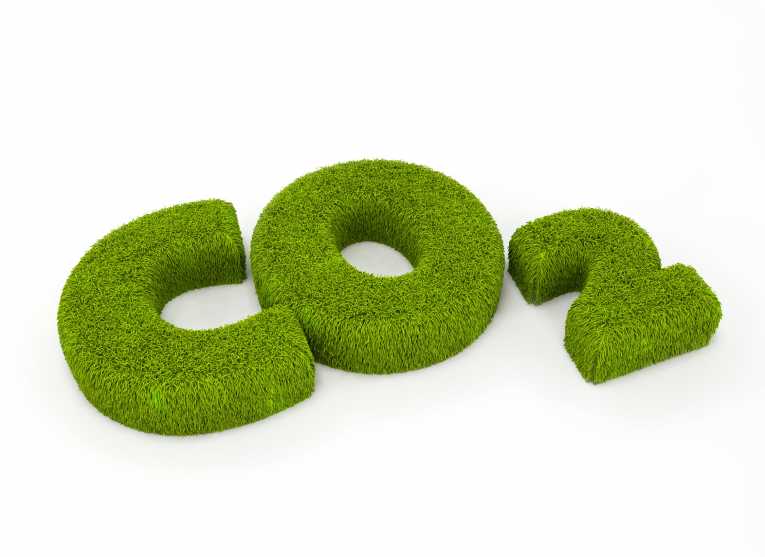The idea of levying a tax on carbon emissions is far from new. Indeed, to date, numerous European cities and nations, alongside the likes of India, South Africa, Australia and California have either introduced such a measure or have plans to. As well as deterring factories from spewing out large amounts of greenhouse gas-causing emissions or individual consumers from driving petrol-guzzling SUVs, it is usually the case that the funds generated from such a tax are put towards funding a range of eco-friendly projects.
While, for the most part, these 'carbon taxes' are levied on businesses operating in the manufacturing and transportation sectors, new research suggests that they could be equally effective, if not more so, if targeted towards the agriculture and food industries. Working on the conclusions of past studies that have put the proportion of global greenhouse emissions caused by the food production process at between 20 and 25 per cent, scientists at the University of Gothenburg in Sweden looked into the potential benefits of a special 'climate tax' on both meat and milk. They found that, simply by placing a tax of €60 per ton of carbon dioxide produced on the meat and dairy industry - less than half the amount levied by most European countries on petrol – overall greenhouse gas emissions could be cut by around seven per cent, almost overnight.
Perhaps more importantly, should the land that would inevitably be freed up by a movement towards more efficient agriculture be used for bio-energy production, then the decrease in the amount of harmful carbon being emitted into Europe's skies could be six times greater.
Interestingly, the team has noted that a tax on emissions from the production of food would be preferable, but this would be difficult to implement, due in no small part to the complexity of this end of the process. Instead, they propose that consumers are asked to pay the true 'climate costs of their foods' in much the same way they do for things like petrol and gas and electricity.
"A tax on the emissions from food production would normally be preferable. But as this is virtually impossible in practice, and the effects of switching away from meat and milk are so great, we show that it can be far more effective to apply the tax directly to the meat and milk consumption," explained study co-author Stefan Wirsenius, a researcher in the Department of Energy and Environment at the Chalmers University of Technology.
Writing their findings up in the journal Climatic Change, the scientists point out the varying benefits of dietary changes. For example, if every consumer were to replace beef with chicken, then the volume of carbon emissions produced by the European agricultural sector would fall by 90 per cent.
Furthermore, if they were to quit meat altogether and eat only beans, then a 99 per cent reduction should be possible. Dr Wirsenius was, however, keen to stress: "This tax is not at all a matter of forcing people to become vegetarians but merely moving towards a slightly more climate-smart diet."
Whether or not consumers would react favourably to be 'nudged' into a vegetarian lifestyle is open to debate. However, with the Nobel Prize-winning Sir Paul Nurse warning this week that public trust in scientists has fallen markedly over the past few years, and with the United Nations having conceded that its 2006 study Livestock's Long Shadow (which claimed meat production was responsible for 18 per cent of all greenhouse gas emissions) was flawed, such a move could well prove a tax too far.
Image © Jezper










